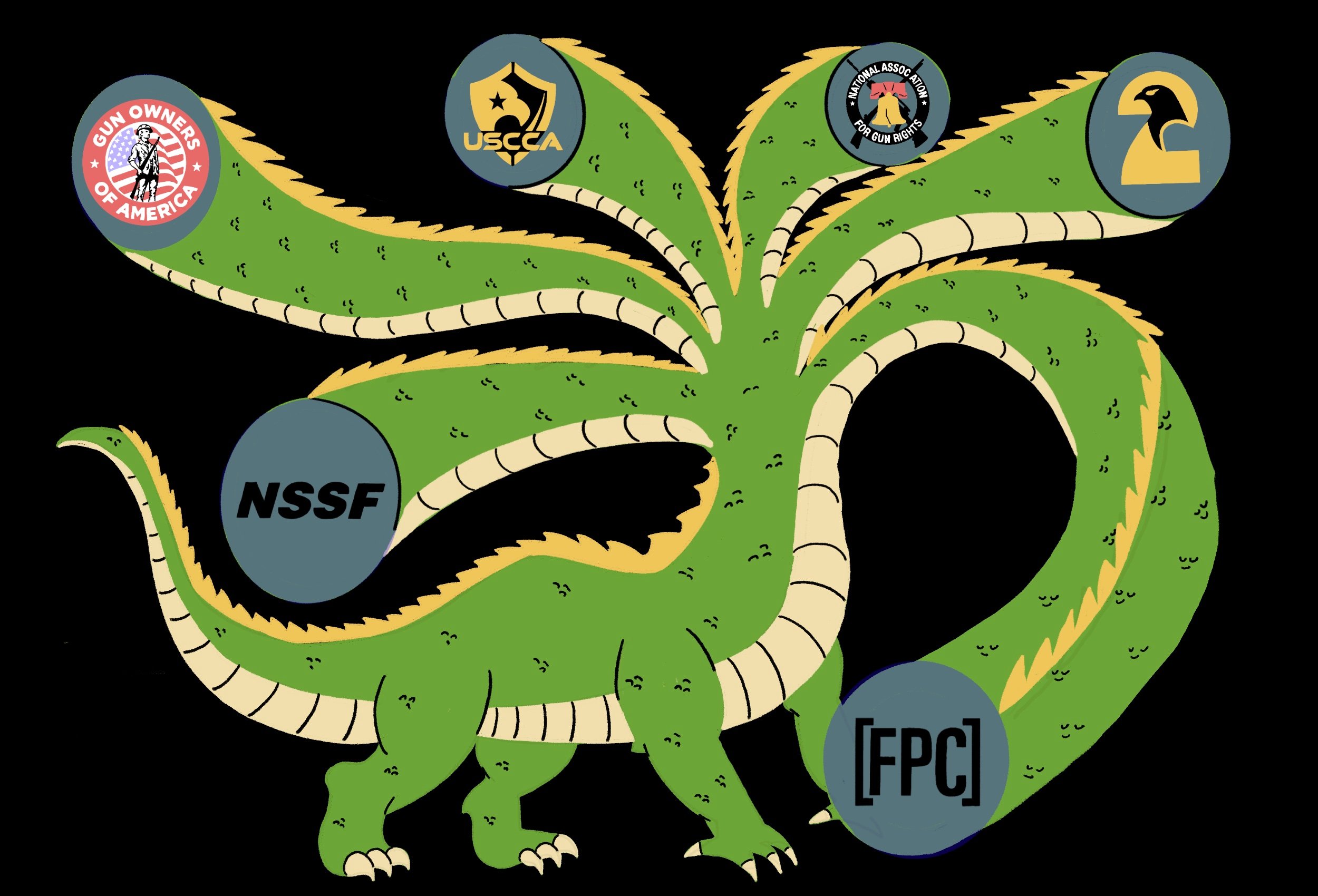A Manhattan judge has ordered the National Rifle Association to make several governance reforms meant to forestall financial abuses. The NRA will need to revamp its audit committee, for instance, and report to members what leaders have spent on first-class travel each year.
The gun group and the Office of New York State Attorney General Letitia James had negotiated for months over the measures, though Judge Joel M. Cohen had the final say on their details.
“For decades, the NRA let self-interested and self-dealing insiders run the organization with complete disregard for the rule of law,” James said in a statement following the judge’s order. “As a result of my office’s efforts,” she added, “the NRA has been forced to clean house.”
In its own statement, the gun group said: “the court’s order is tailored to compliance and governance measures in the NRA’s interest — many proposed by the NRA itself, and several of which were already under way at the organization.” NRA CEO Doug Hamlin suggested the group had no plans to appeal. “We can now put this challenging chapter in NRA history behind us,” he said in the statement, “and focus solely on the business of the members.”
Cohen’s order marks the end of a fight that began when James started investigating the group and its leaders for violations of nonprofit law in April 2019. Shortly before she announced the investigation, The Trace published a story, in partnership with The New Yorker, that revealed how questionable financial arrangements that benefited top executives had extracted millions of dollars from the group. In 2020, James filed a lawsuit against the NRA, alleging widespread corruption and self-enrichment by leadership. The case went to trial before Cohen early this year, and in February, a jury found the NRA and its former CEO, Wayne LaPierre, liable. The jury ordered LaPierre to repay the NRA $4.3 million in damages.
Cohen’s order requires the committee that nominates candidates for the NRA’s 76-member board to seek contenders who have not served previously or who served only one term prior to 2022, a measure meant to bring new blood to leadership. It also directs a committee to study the board’s composition; some nonprofit experts consider it too large.
Rather than being appointed by the NRA president, the order requires that audit committee members be elected by the board and bars those who sat on the committee from 2014 to 2022, when many of the financial misdeeds occurred, from being chosen to serve again.
In an email, board member Rocky Marshall, who is part of a bloc committed to overhauling the NRA, said that he’d hoped for more from Cohen’s order, but that it did address oversight weaknesses. “This order is very minimal,” Marshall said, “and can easily be adopted.”
Board member Phil Journey also said he’d hoped Cohen would go further, but liked what he’d done. “You don’t always get what you want,” Journey said, “but you get what you need.”
The NRA saw its clout diminish after 2019’s misconduct revelations. The organization spent far less on core programs and political activities as membership and revenue collapsed. However, Marshall said the gun group, for the first time in years, saw membership increase last July.
Despite the NRA’s woes, the broader gun rights movement saw big wins in recent years, including a major Supreme Court victory in 2022’s Bruen decision. With Donald Trump’s election, the movement will have an ally in the White House who has vowed to advance its agenda. While The New York Times recently reported that some NRA leaders believe Trump has “lost faith” in the group, Alan Gottlieb, head of the Second Amendment Foundation, another gun rights organization, visited the president-elect last month at his Mar-a-Lago estate.
Editor’s note (12/12/24): We’ve updated this story with more specificity about how audit committee members can be selected.


